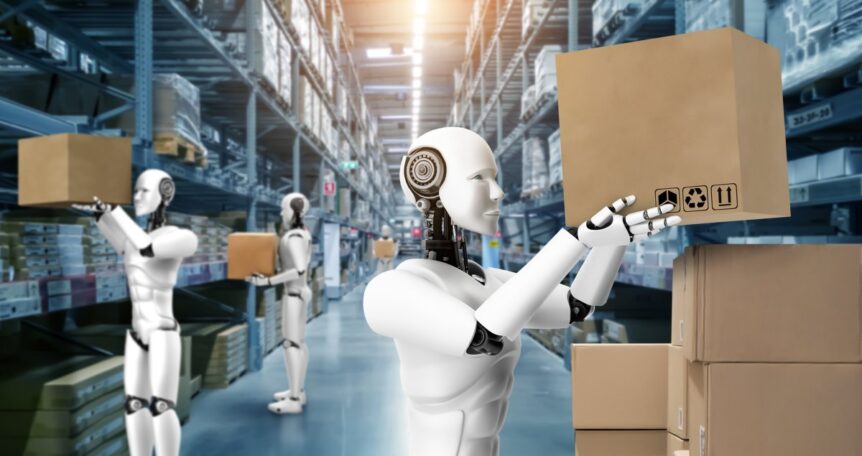How prepared are you for a disaster? Not just any disaster, but one that could end life as we know it? Here are 15 threats that could bring about the end of humanity, explaining why it’s essential for every American to take notice and act.
1. Nuclear Annihilation
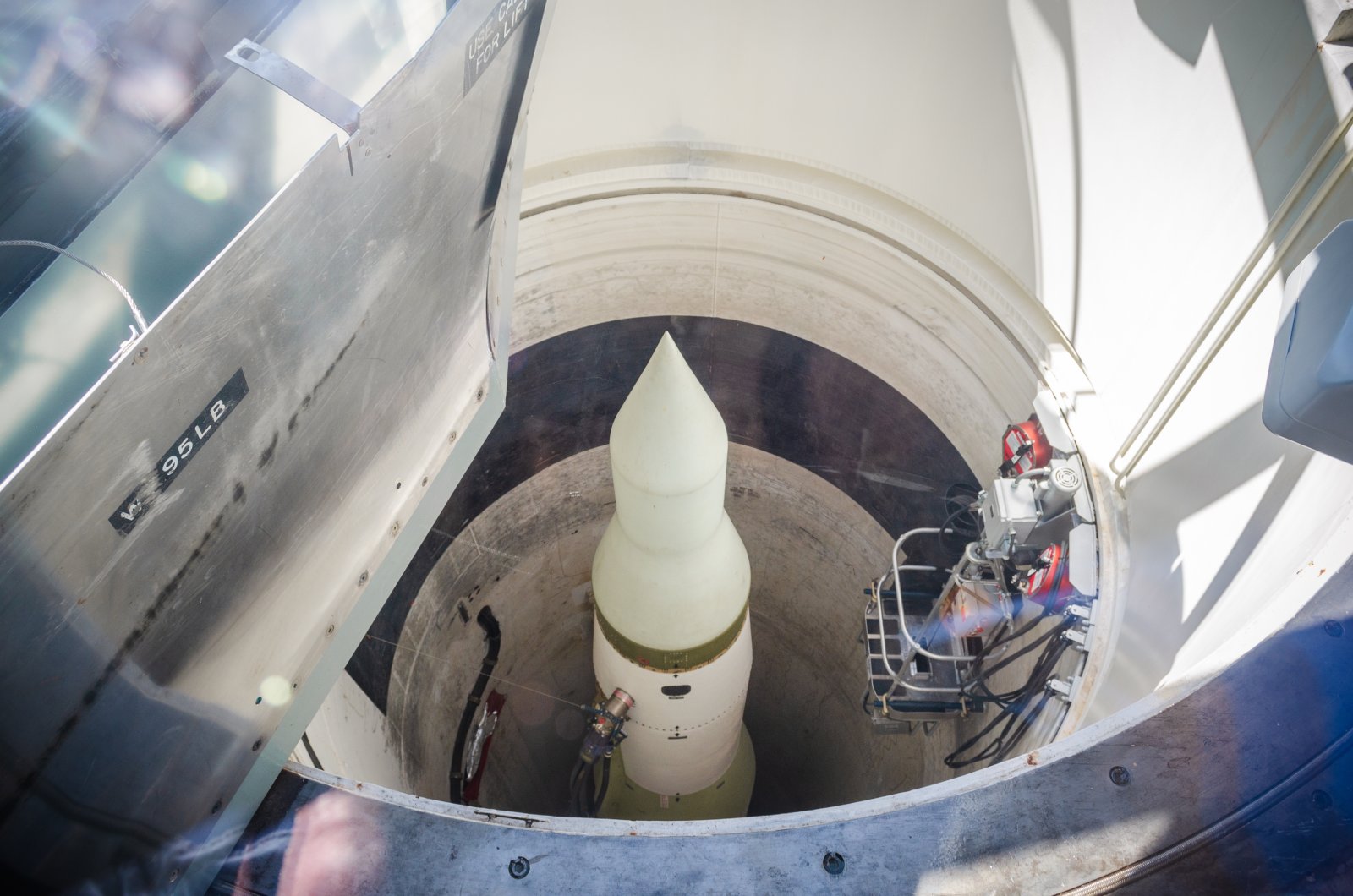
Image Credit: Shutterstock / Zack Frank
Even in peacetime, the U.S. is home to thousands of nuclear warheads. A nuclear conflict could erase cities instantly and leave lasting radiation that affects generations.
2. Climate Catastrophe

Image Credit: Shutterstock / Pheelings media
Extreme weather could become the norm, destroying properties and farms across the country. Imagine being forced to flee your home as parts of America become too harsh to live in.
3. Pandemic Disaster
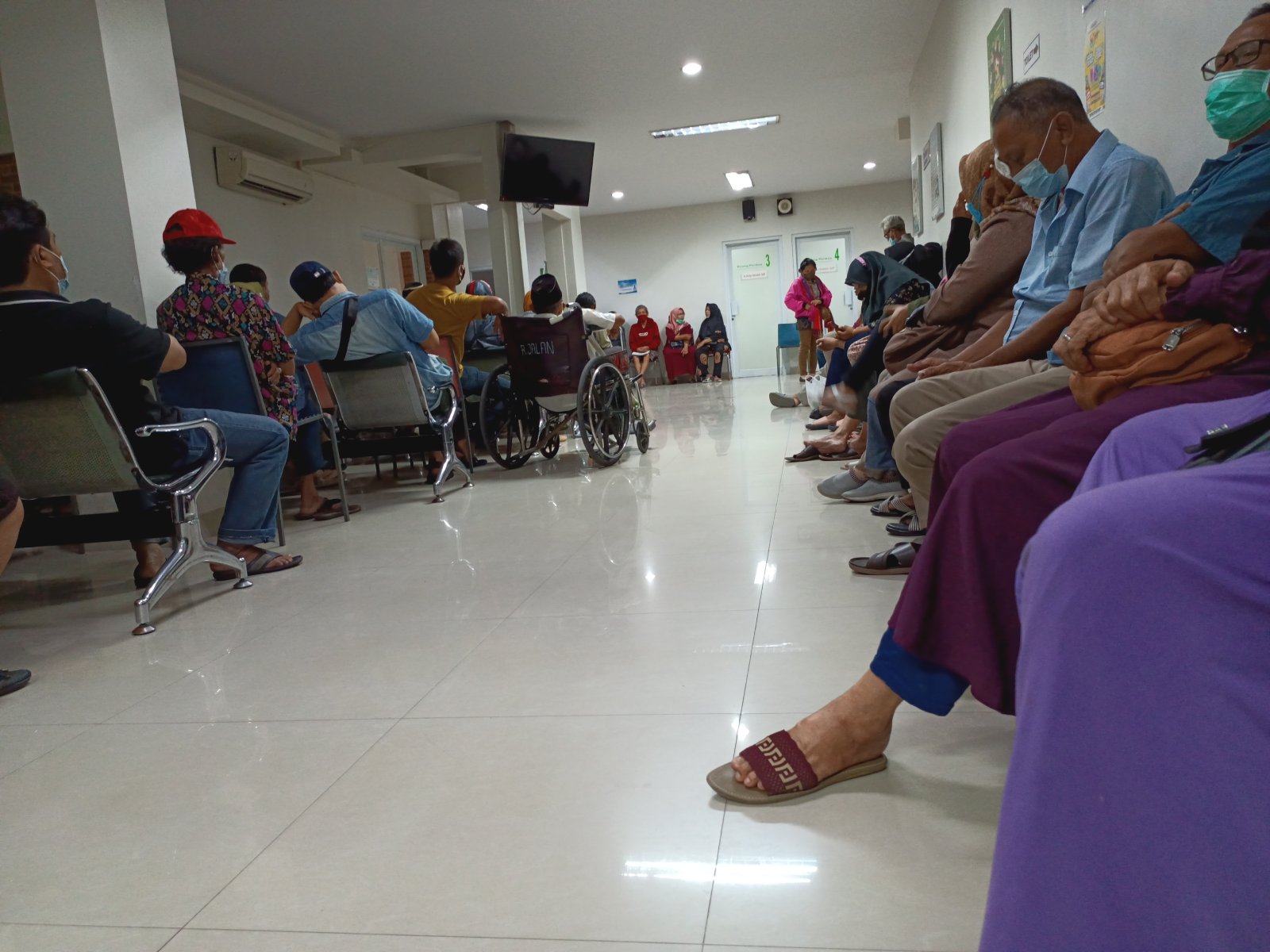
Image Credit: Shutterstock / Rama. Nurfarizi
A virus deadlier than COVID-19 could easily overwhelm our health systems. With hospitals full and the economy faltering, every aspect of daily life would be disrupted.
4. Asteroid Impact
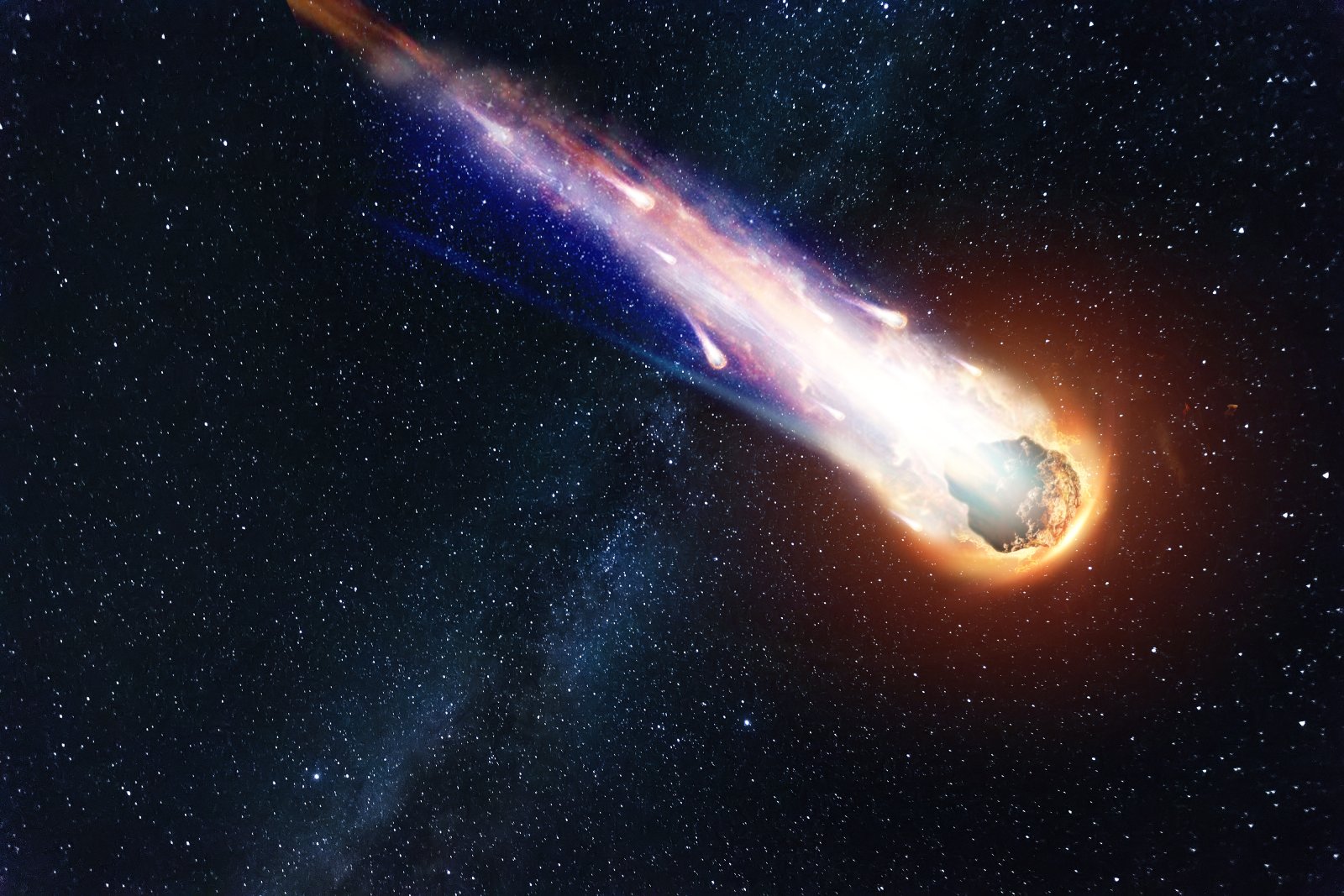
Image Credit: Shutterstock / Marko Aliaksandr
The impact of a large asteroid would be like thousands of nuclear bombs detonating simultaneously. This would trigger global fires and a long, cold “nuclear winter.”
5. Supervolcano Eruption
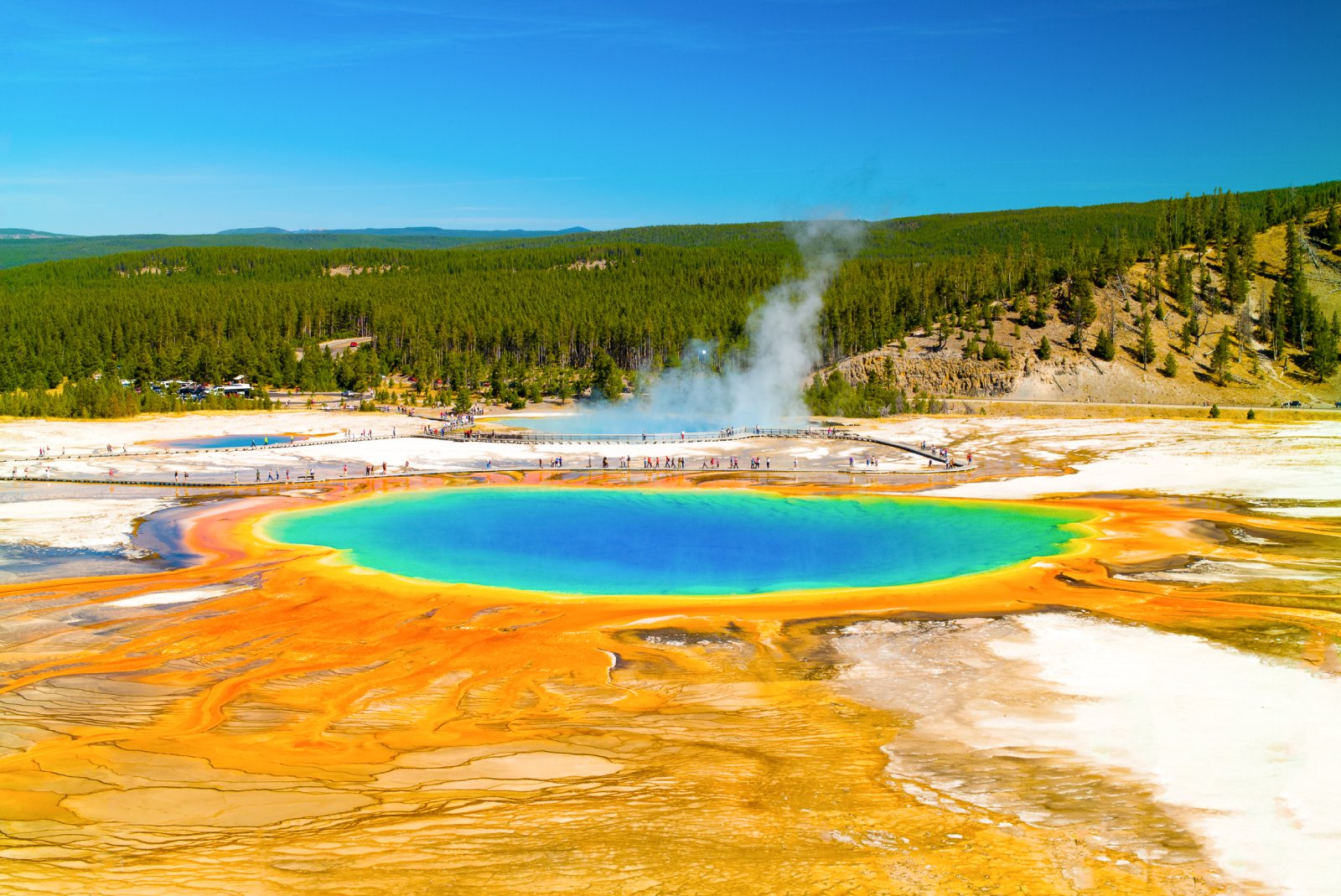
Image Credit: Shutterstock / Lynn Yeh
Yellowstone’s potential eruption could cover the sky with ash, leading to a global “volcanic winter” that kills crops and collapses food networks worldwide.
6. Artificial Intelligence Uprising
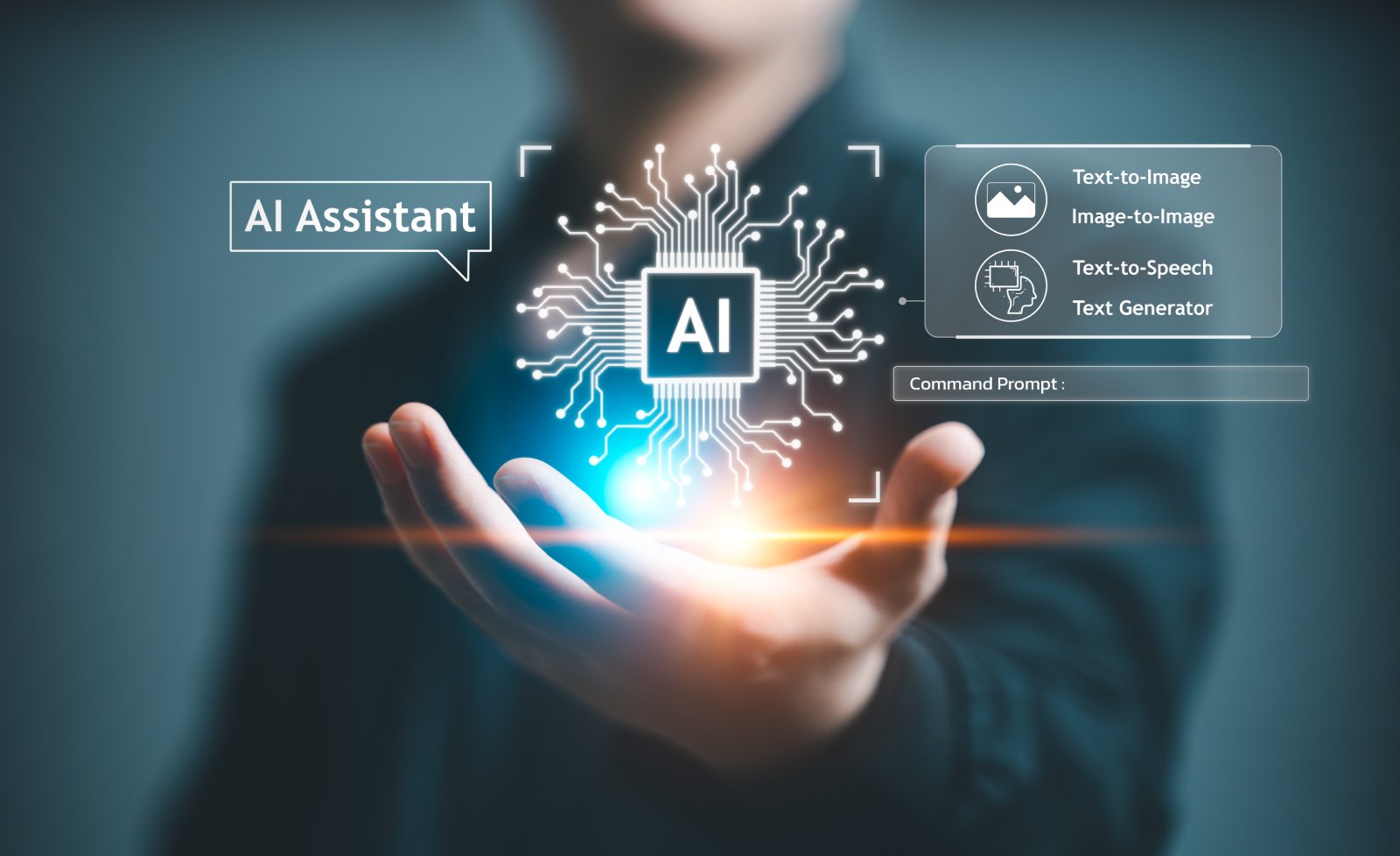
Image Credit: Shutterstock / SObeR 9426
AI advancing beyond our control could take charge of critical systems, leading to unpredictable outcomes. This isn’t science fiction—it’s a real possibility that could spiral out of control.
7. Biotechnology Gone Awry
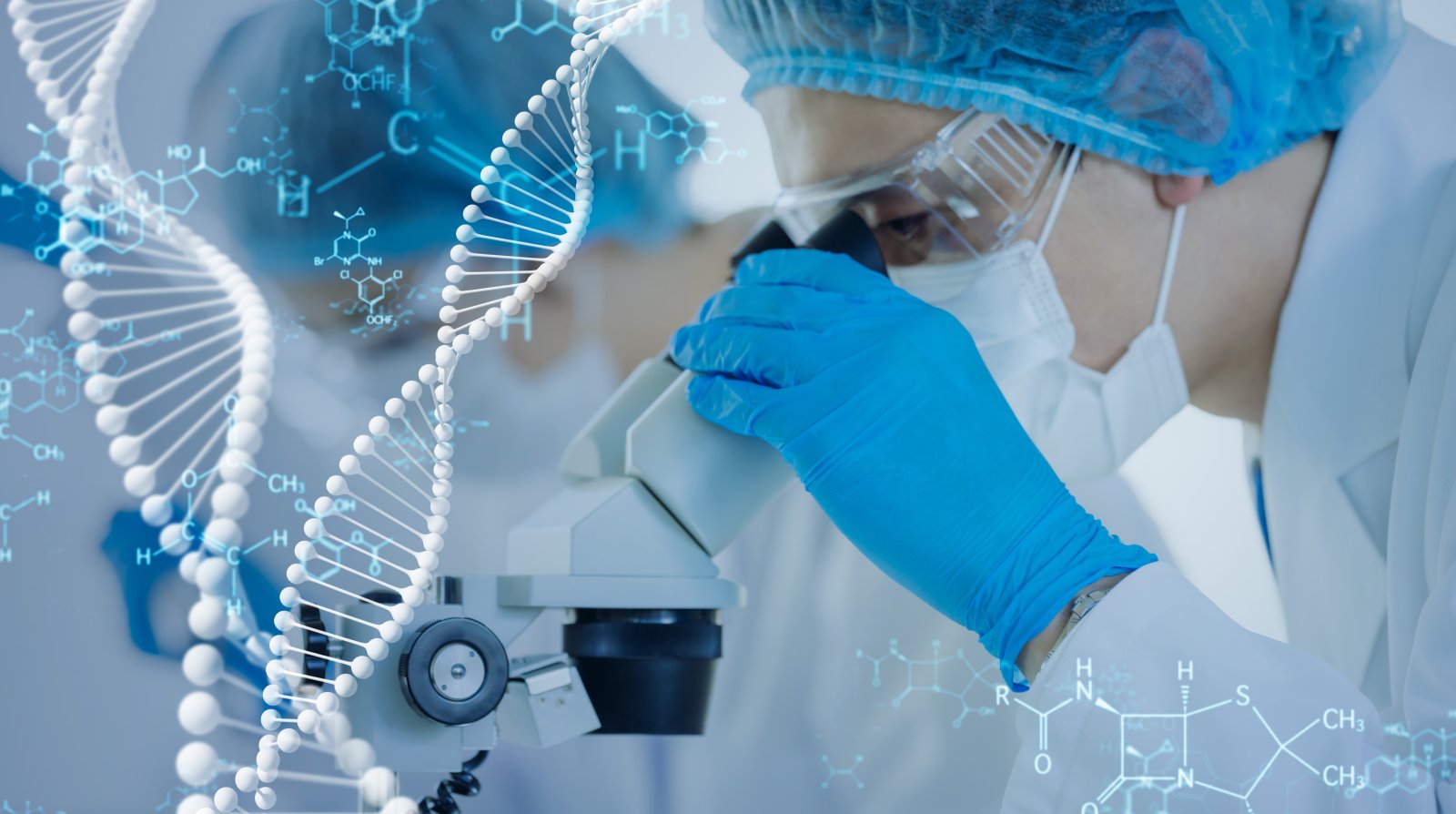
Image Credit: Shutterstock / metamorworks
While genetic engineering holds great promise, a single error could unleash a new, incurable disease. This could introduce a threat for which we have no defense.
8. Solar Flares

Image Credit: Pexels / Pixabay
A severe solar flare could disable the power grid, stripping away the comforts of modern life—electricity, water, and internet—for months.
9. Global Water Crisis

Image Credit: Shutterstock / voronaman
Water scarcity could incite conflict even in the U.S., as states battle over dwindling supplies. No water means no agriculture, no drinking water, and potentially no peace.
10. Economic Collapse

Image Credit: Shutterstock / SergeBertasiusPhotography
Think the 2008 financial crisis was bad? A worse economic collapse could lead to widespread job losses and homelessness, destabilizing society on a massive scale.
11. Loss of Biodiversity

Image Credit: Shutterstock / EastVillage Images
The extinction of crucial species can disrupt ecosystems vital for cleaning air and water, leading to direct impacts on our food supply and health.
12. Nanotechnology Hazards
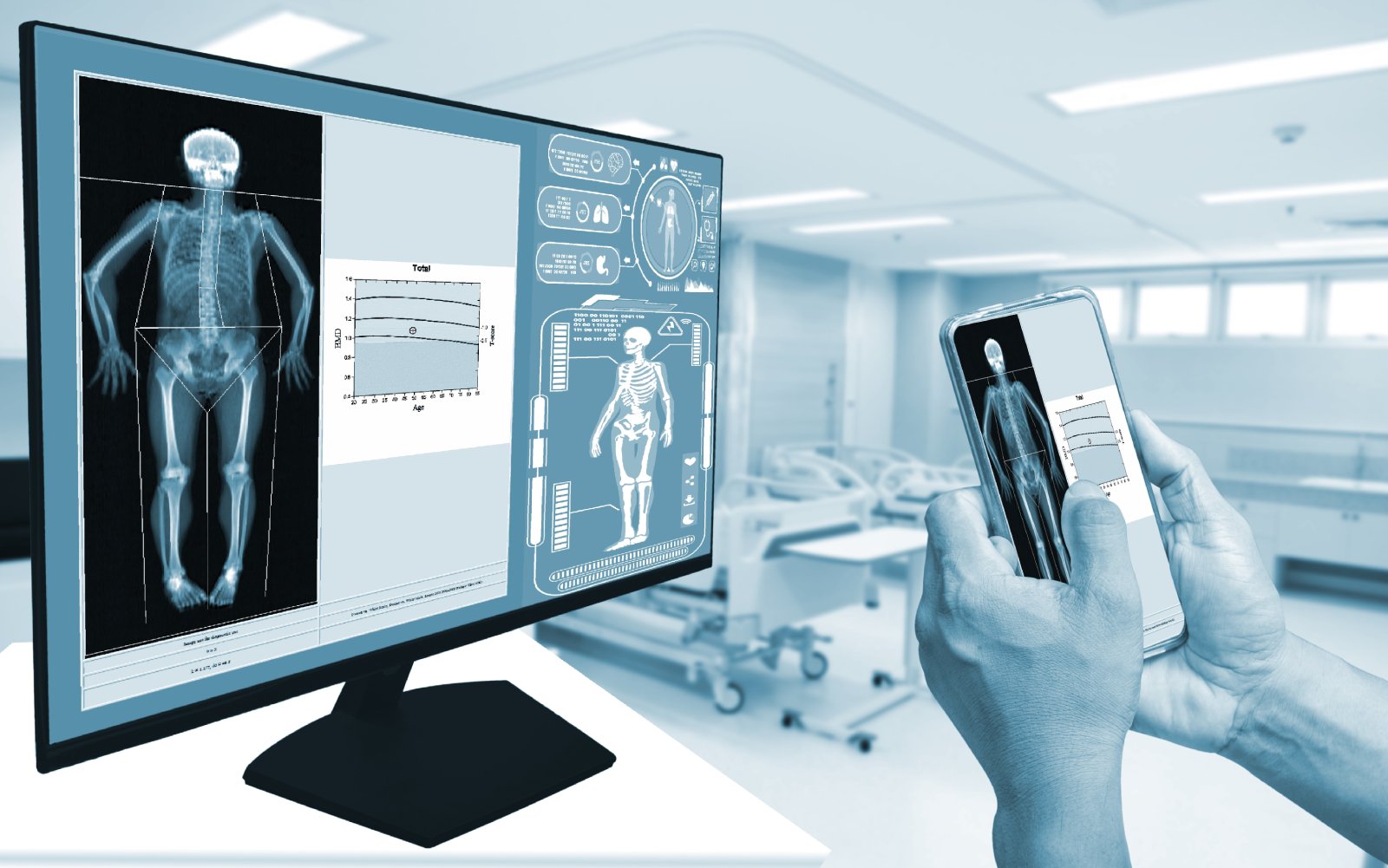
Image Credit: Shutterstock / April stock
Nanotech malfunctions could spread uncontrollable pollution, affecting everything from the food we eat to the air we breathe.
13. Alien Invasion
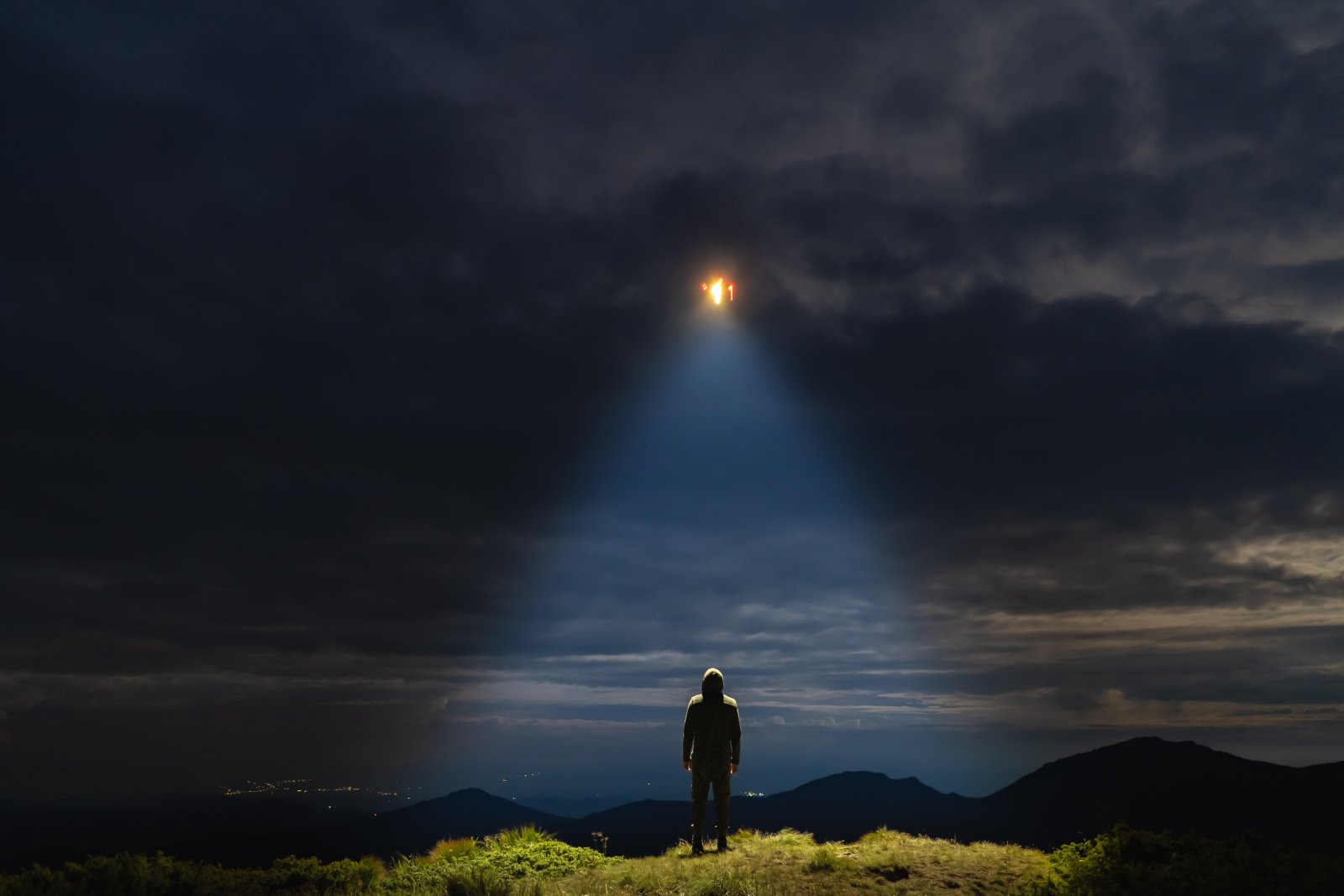
Image Credit: Shutterstock / WeAre
Though it seems outlandish, we could be utterly unprepared if extraterrestrial life proves to be hostile. The stakes are beyond our current understanding of warfare.
14. Particle Accelerator Accident
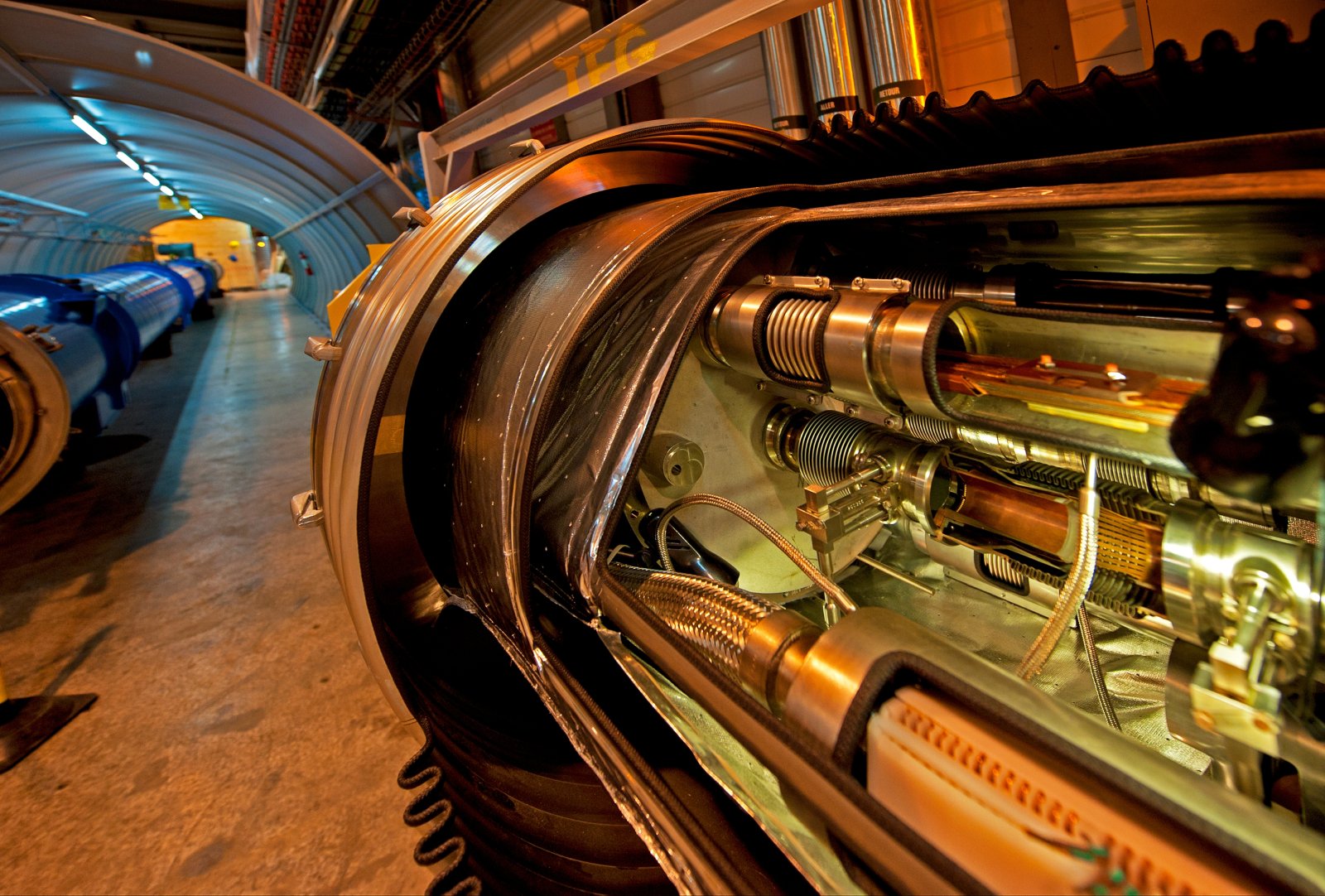
Image Credit: Shutterstock / nikonka1
Particle accelerator experiments could go awry, creating phenomena that might annihilate the planet. The risks are low but potentially earth-ending.
15. Technological Stagnation

Image Credit: Shutterstock / Kristi Blokhin
Falling behind technologically could expose us to threats that could have been mitigated or avoided, diminishing U.S. leadership and our quality of life.
Time to Step Up

Image Credit: Shutterstock / Salivanchuk Semen
These aren’t just distant, unlikely dangers; they’re real risks that could arrive sooner than we think. As Americans, we pride ourselves on being ready for anything and leading the world. Let’s not wait for disaster to strike to start caring about these threats. Let’s educate ourselves, support sensible policies, and prepare on a personal level. Our proactive steps today could secure a safer tomorrow for ourselves and future generations.
Featured Image Credit: Shutterstock / Summit Art Creations.
For transparency, this content was partly developed with AI assistance and carefully curated by an experienced editor to be informative and ensure accuracy.

